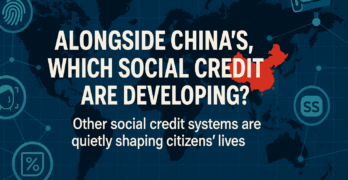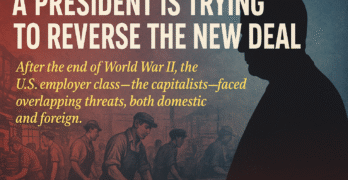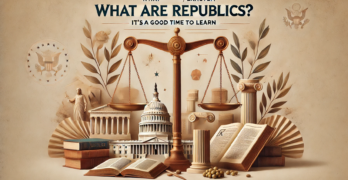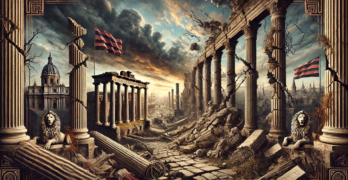China’s state-run social credit system has drawn global attention for years, but other versions are actively spreading. These systems increasingly shape the behavior and outcomes of citizens’ lives, often without their knowledge.
Trump is Trying to Reverse the New Deal
After the end of World War II, the U.S. employer class—the capitalists—faced overlapping threats, both domestic and foreign. On the domestic side, a coalition of the Congress of Industrial Organizations (CIO), two socialist parties, and a communist party had grown large and powerful during the 1930s Great Depression.
The World’s Greatest Long Hikes
For those willing to brave extended treks in nature, the world’s best long hikes offer challenges and amazing rewards.
Foreign Companies Driving the Global Privatization of Domestic Infrastructure
Foreign entities have secured profitable positions in once-public domestic infrastructure. The pursuit of short-term cash has sacrificed long-term revenue streams to a variety of foreign investors.
The Venetian Republic Offers Powerful Lessons to an American One in Need of Repair
The Venetian Republic’s political system, emerging alongside those of other Italian city-states, was founded on collaboration and power distribution. Its rise and decline highlight the importance of adaptability in the face of shifting global political dynamics.
The Carbon Soil Opportunity: Organic Farming Helps Counter Climate Change
Switching to organic products is an easy way to eat healthier and support the environment.
How Republics Succeed, Falter, and Fail
The U.S. enjoys many strengths that give it an edge over other republics, such as a decentralized and innovative economy that draws global talent and unmatched military strength.
What Are Republics, Exactly? It’s a Good Time to Learn
Republican ideals have evolved over millennia, shaping governance across the globe. Modern republics continue to adapt, but face challenges in upholding their foundational principles.
The Growth of Malignant and Exclusionary Social Movements
The U.S. and many other societies are cycling into situations of toxic polarization today; discussion, let alone consensus, often appears impossible and the advantage goes to exclusionary social movements built on malignant rather than goodwill impulses.
Political Collapse: Lessons From Fallen Empires
Our investigation of the disastrous society-wide collapses of four premodern polities, China’s Ming Dynasty, the South Asian Mughal Empire, the High Roman Empire, and Renaissance Venice led to the discovery of an unexpected historical pattern.









